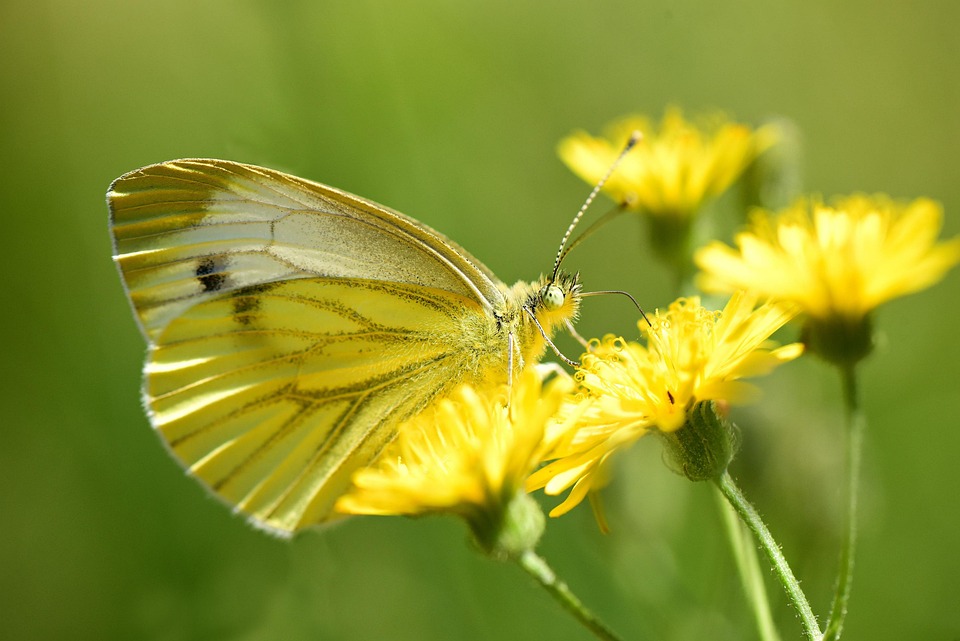As the warmth of summer rolls in, so too does the return of buzzing insects, pesky mosquitoes, and bothersome flies. While chemical repellents have dominated the market for years, a growing number of people are seeking out natural alternatives to keep these unwelcome companions at bay. Natural repellents are not only eco-friendly but can also be gentler on the skin and the environment. This article will guide you through the process of choosing the right natural repellent for your needs.
Understanding Insect Behavior
Before delving into specific repellents, it’s essential to understand why insects are drawn to certain areas and how they operate. Many insects, including mosquitoes and ticks, are attracted to carbon dioxide and certain body odors. Others are lured by body heat and sweat. Understanding these behaviors can help you make informed decisions about prevention, beyond just using a repellent.
Choosing Your Natural Repellent
When it comes to choosing the right natural insect repellent, several factors come into play, such as the type of insects you’re targeting, your activity level, and personal preferences regarding scent and application method. Below, we explore some popular natural repellent ingredients and their effectiveness.
1. Essential Oils
Essential oils are among the most popular natural repellents, and many studies support their efficacy against insects. Here are a few notable examples:
- Lemon Eucalyptus Oil: This oil is recognized by the Centers for Disease Control and Prevention (CDC) as an effective repellent against mosquitoes, with protection lasting up to several hours.
- Lavender Oil: Known for its calming scent, lavender oil is effective against mosquitoes, moths, and flies.
- Peppermint Oil: This delightful-smelling oil not only wards off mosquitoes but can also repel ants, spiders, and other household pests.
- Tea Tree Oil: With its potent antibacterial properties, tea tree oil can also be effective against mosquito bites and other irritations.
When using essential oils, remember to dilute them with a carrier oil (like coconut or jojoba oil) to avoid skin irritation, and apply them directly to the skin or on clothing.
2. Vinegar
Apple cider vinegar has been noted for its natural insect-repelling properties. The acetic acid in vinegar can deter mosquitoes and flies when applied to the skin or used in a space spray. Mix equal parts of apple cider vinegar and water for a safe repellent spray.
3. Garlic
Garlic is known for deterring mosquitoes and ticks. Consuming garlic, or using it in homemade insect repellent sprays, can create an odor emanating through your skin that many insects find off-putting. However, its strong smell might not be suitable for everyone!
4. Herbal Sprays
Many people have found success with herbal sprays containing ingredients such as citronella, thyme, and rosemary. These sprays can be made at home by simmering herbs in water, straining, and adding a little rubbing alcohol or witch hazel for longevity.
5. Insect-Repellent Plants
Incorporating insect-repellent plants into your garden or outdoor space is another effective strategy. Basil, marigolds, and catnip can naturally deter mosquitoes and other pests when grown in your backyard.
Application Tips
- Reapply Frequently: Natural repellents may not last as long as their chemical counterparts. Be prepared to reapply every couple of hours, especially if sweating or swimming.
- Test for Allergies: Even natural products can cause skin reactions. Always perform a patch test on a small area of skin before widespread use.
- Combine Methods: Utilize multiple strategies such as wearing long sleeves, using citronella candles, or installing screens on windows to enhance your insect-free environment.
Conclusion
Choosing the right natural repellent involves understanding the type of insects you’re dealing with, considering your own sensitivities and preferences, and being proactive about application. With a little research, preparation, and experimentation, you can find an effective natural solution for enjoying outdoor activities without the annoyance of pesky insects. Embrace the beauty of nature while keeping those nuisances at bay!
